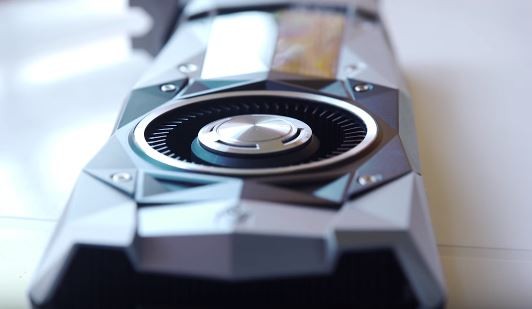NVIDIA has just released their free VR Funhouse tech demo on Steam for those with the Oculus Rift and the HTC Vive headsets who would like to try out the small carnival.
The VR industry is booming and NVIDIA is one of the companies that are making it even more affordable and attainable for PC gamers. Their recent launches of the GTX 1080, GTX 1070 and the GTX 1060 make VR a closer reality for those looking to try it out.
Prices of their videocards, along with the new AMD RX 480 and other Polaris GPUs, have become cheaper which provides users the chance to try out VR with $200 to $300 video cards. The problem is that the VR headsets themselves are still expensive to date.
NVIDIA's VR Funhouse helps demonstrate the power of the VR realm and good physics to boot as it releases free for users on Steam, Road to VR has learned. It's not really a full-fledged VR game but rather a playable tech demo that anyone with a VR headset can enjoy.
The setting of the VR demo is a small carnival wherein there are many games that the player can try out. One caveat is that they won't be able to ride the Ferris Wheel.
NVIDIA has demonstrated their Flow technology with the fire archery game as the fiery arrows look realistic and sets its targets on fire. The famous Hairworks is also present inside the VR Funhouse with the punch a mole game.
VR Funhouse Product Manager Victoria D. Rege told TechCrunch that it was supposed to be just a tech demo but they realized that it was fun to play and so they wanted to share it with people. Instead of a linear tech demo, NVIDIA VR Funhouse can be experienced first-hand by users with their VR headsets.
Most of the games are also powered by the old but still rocking NVIDIA PhysX. The physics system has been used by many games with destructible environments and is also one core component in the Unity game engine from Unity Technologies who has recently reached $181 million in their recent round of funding.



























